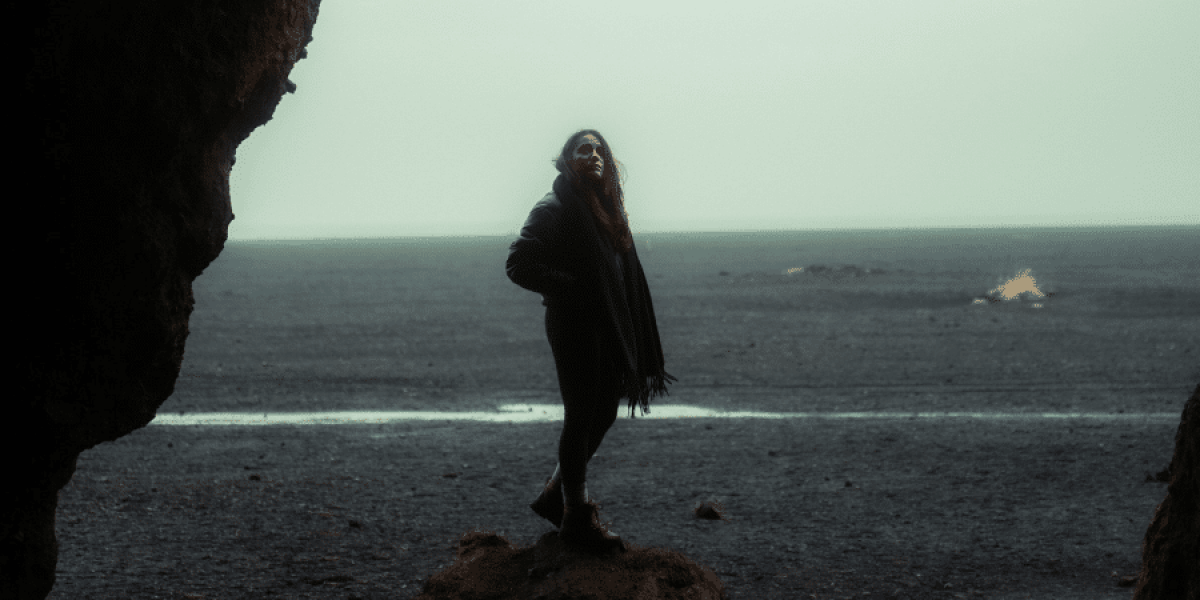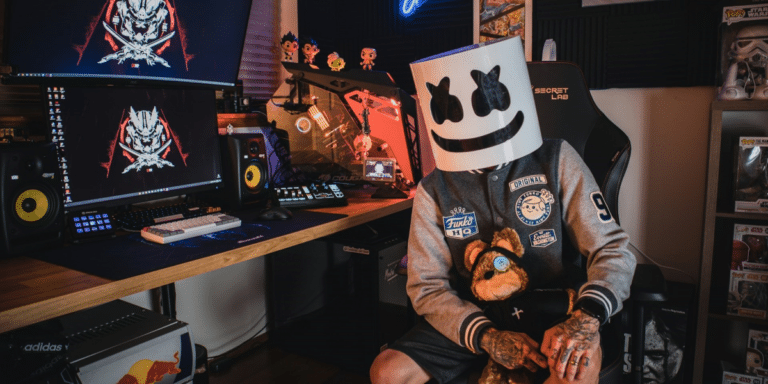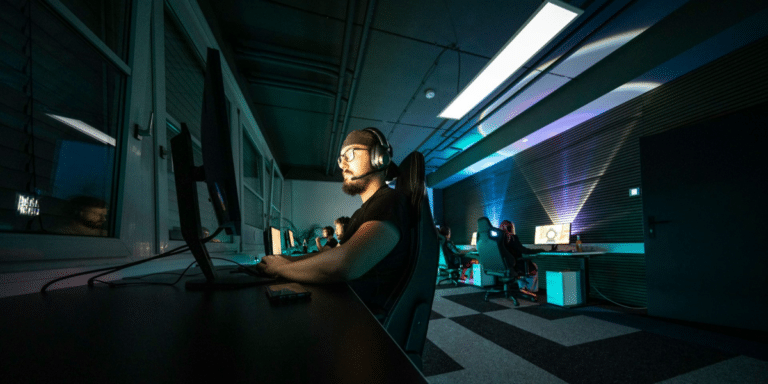Remember the days of elaborate sets, meticulously crafted miniatures, and actors dodging exploding pyrotechnics? Those were the golden days of practical effects in film.
Today, however, Hollywood seems obsessed with a different kind of magic – the magic of green screen. But has this reliance on green screen technology become a crutch, sacrificing realism and visual storytelling for convenience and cost-cutting? Let’s delve into the world of green screen and explore the question – has Hollywood become too reliant on this ubiquitous filmmaking tool?
Beyond the Green Curtain: The Rise of the Digital World
Green screen technology, for those unfamiliar, involves filming actors in front of a giant green canvas. This green footage is then replaced digitally in post-production with computer-generated backgrounds or fantastical landscapes. Think of epic battles set in mystical realms, sprawling alien cities, or even a simple conversation happening in a spaceship hurtling through space. Green screen makes it all possible.
A recent article in Variety highlights the rise of green screen, stating, “Green screen technology has revolutionized filmmaking, allowing creators to bring fantastical worlds to life in ways never before possible.” From the dazzling spectacle of superhero movies to the fantastical settings of sci-fi epics, green screen has undeniably pushed the boundaries of visual storytelling. But with great power comes great responsibility, as Uncle Ben might say.
The Downside of the Green: Sacrificing Realism for Convenience
While green screen allows for stunning visuals, there’s a downside. Overreliance on this technology can lead to a disconnect between the actors and their environment. Imagine filming a scene where two characters are having a tense conversation in a bustling marketplace.
In a traditional set, the actors would be surrounded by the sights, sounds, and energy of the marketplace, feeding into their performances. With green screen, they’re acting in front of a giant green wall, relying solely on their imagination and the director’s vision.
A recent article in The Hollywood Reporter points out this potential pitfall, stating, “Excessive reliance on green screen can lead to a sense of detachment in the final film. Actors may struggle to connect with their environment, and the overall effect can feel sterile and artificial.” This disconnect can translate to less believable performances and a film that lacks the visceral impact that practical effects can achieve.
Finding the Balance: Green Screen as a Tool, Not a Crutch
So, does this mean green screen is the enemy of good filmmaking? Not necessarily. The key lies in finding a balance. Green screen is a powerful tool that can be used to create incredible visuals. But it should be used strategically, not as a replacement for practical effects or well-constructed sets.
Think about films like Mad Max: Fury Road or Dunkirk. These movies embrace a combination of practical and digital effects, creating a sense of realism and immersion that green screen alone cannot achieve. The actors feel grounded in their environments, the action sequences have a visceral punch, and the overall effect is far more captivating.
Beyond the Screen: The Future of Filmmaking and the Importance of Practical Effects
The future of filmmaking lies in a harmonious blend of technology and tradition. Green screen can be a valuable tool for creating fantastical worlds, but it should never overshadow the importance of practical effects. The artistry of set design, the thrill of stunt work, and the tangible connection between actors and their environment are all crucial ingredients for creating truly immersive and engaging films.
By embracing both the old and the new, Hollywood can continue to push the boundaries of visual storytelling without sacrificing the magic of filmmaking that lies beyond the green screen. So, the next time you watch a movie, pay attention to the balance between digital and practical effects. A well-crafted film will use both tools to create a world that feels believable, engaging, and ultimately, unforgettable.








